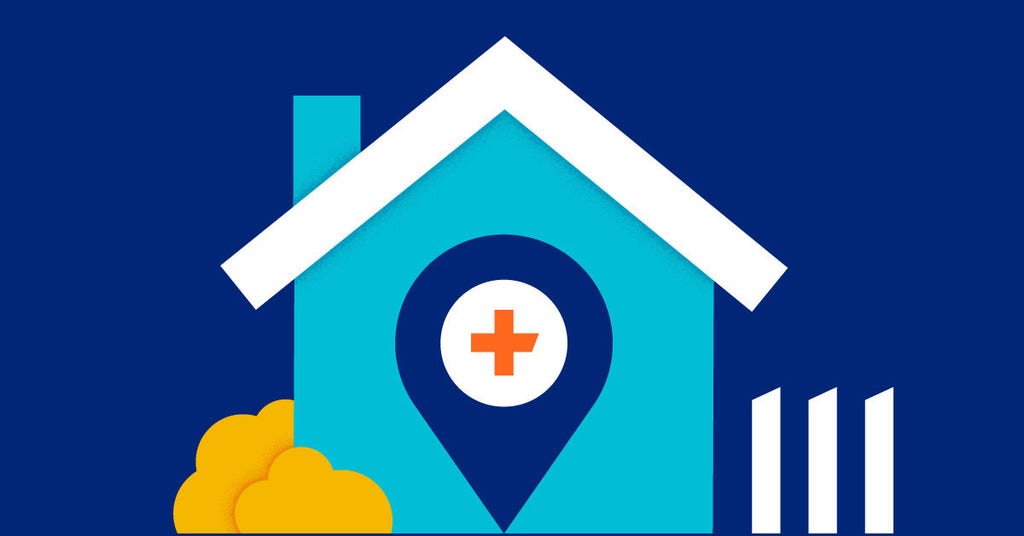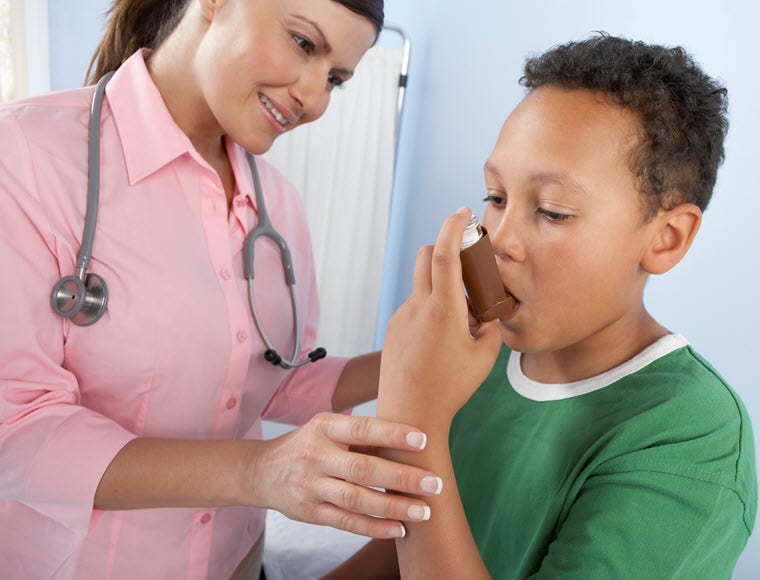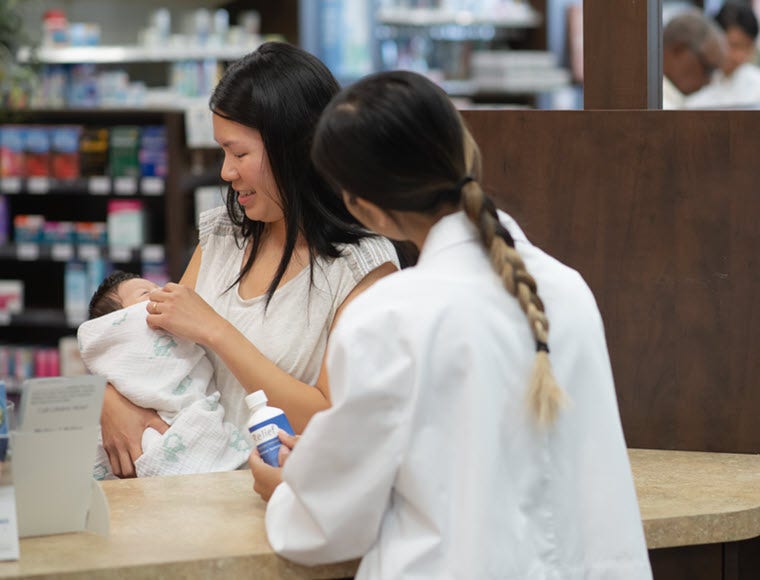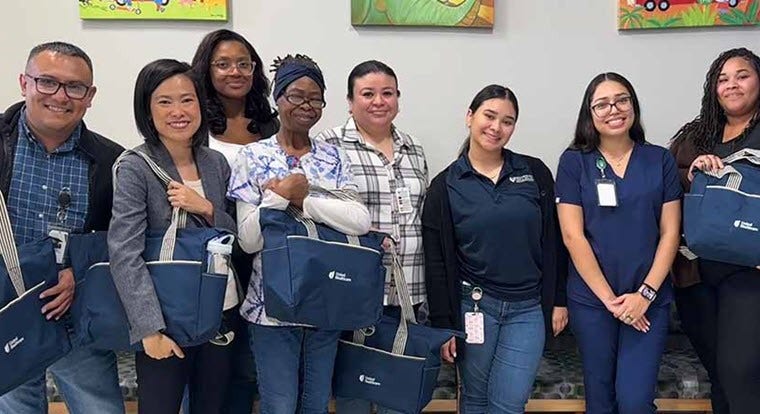With an estimated 11 million children living in poverty, Medicaid and Children's Health Insurance Program (CHIP) play a pivotal role in supporting positive health outcomes through free and low-cost health care coverage.1 Children make up 45.8% of total Medicaid and CHIP enrollment, and one in six Medicaid enrollees receive health care services from Federally Qualified Health Centers (FQHC) including through School-Based Health Centers (SBHC).2,3
FQHCs and SBHCs
As federally funded nonprofit centers and clinics, FQHCs provide services for medically underserved areas and populations regardless of ability to pay.4 Located within or adjacent to primary and secondary schools, SBHCs provide students with medical, behavioral, vision and dental care.5
The impact of SBHCs extends beyond health care delivery. Research demonstrates that SBHCs significantly reduce school absences and emergency room visits.6 According to a review highlighted by the National Institute of Health (NIH), each SBHC in the United States yields a total social benefit ranging from $15,028 to $912,878.7 The NIH additionally highlighted a study that found teenagers receiving prenatal care at a SBHC comprehensive adolescent pregnancy prevention program (CAPP) had lower risks of delivering a low birth weight baby than those who received CAPP in a hospital-based setting. Given these benefits, the U.S. Department of Health and Human Services (HHS) allocated nearly $25 million nationwide in 2022 to SBHCs.8 With this investment, HHS aims to improve access to care and facilitate broader community outreach.
GraceMed Health Clinic
UnitedHealthcare collaborates with several FQHCs that work within school settings including GraceMed Health Clinic in Kansas. GraceMed provides a comprehensive range of services including medical, dental, behavioral, spiritual, prenatal and vision services. The Clinic has 12 locations in Wichita and one location each in Topeka, McPherson and Clearwater. It additionally has three on-site pharmacies, several mobile units and one administrative location which addresses social drivers of health (SDOH) by fostering community engagement. With seven school-based clinics, parents are able to have their child seen by medical professionals before or after the school day. Parents and community members also have access to these health care services as well as legal services available through the Center’s Medical-Legal Program (MLP). When asked about collaboration with UnitedHealthcare, Venus Lee, GraceMed’s CEO, stated, “UnitedHealthcare has been supportive of our work providing school-based care without hesitation. We look forward to our continued growth together in this space to address school-based needs.
FQHCs significantly improve health care access for underserved populations, and SBHCs ensure students receive appropriate and timely care without missing classes. At UnitedHealthcare, we are committed to addressing the health needs of children and youth as we continue to support efforts to increase access to health care services.
Sources
- The State of America's Children 2023 - Child Poverty — Children's Defense Fund (childrensdefense.org)
- June 2023 Medicaid & CHIP Enrollment Data Highlights | Medicaid
- Community Health Centers Prepare Medicaid Beneficiaries Risks Ahead | Commonwealth Fund
- Federally Qualified Health Center (FQHC) - Glossary | HealthCare.gov
- The Evidence on School-Based Health Centers: A Review - PMC (nih.gov)
- School-Based Health Centers (nyc.gov)
- The Evidence on School-Based Health Centers: A Review - PMC (nih.gov)
- HHS Awards Nearly $25 Million to Expand Access to School-Based Health Services | HHS.gov












